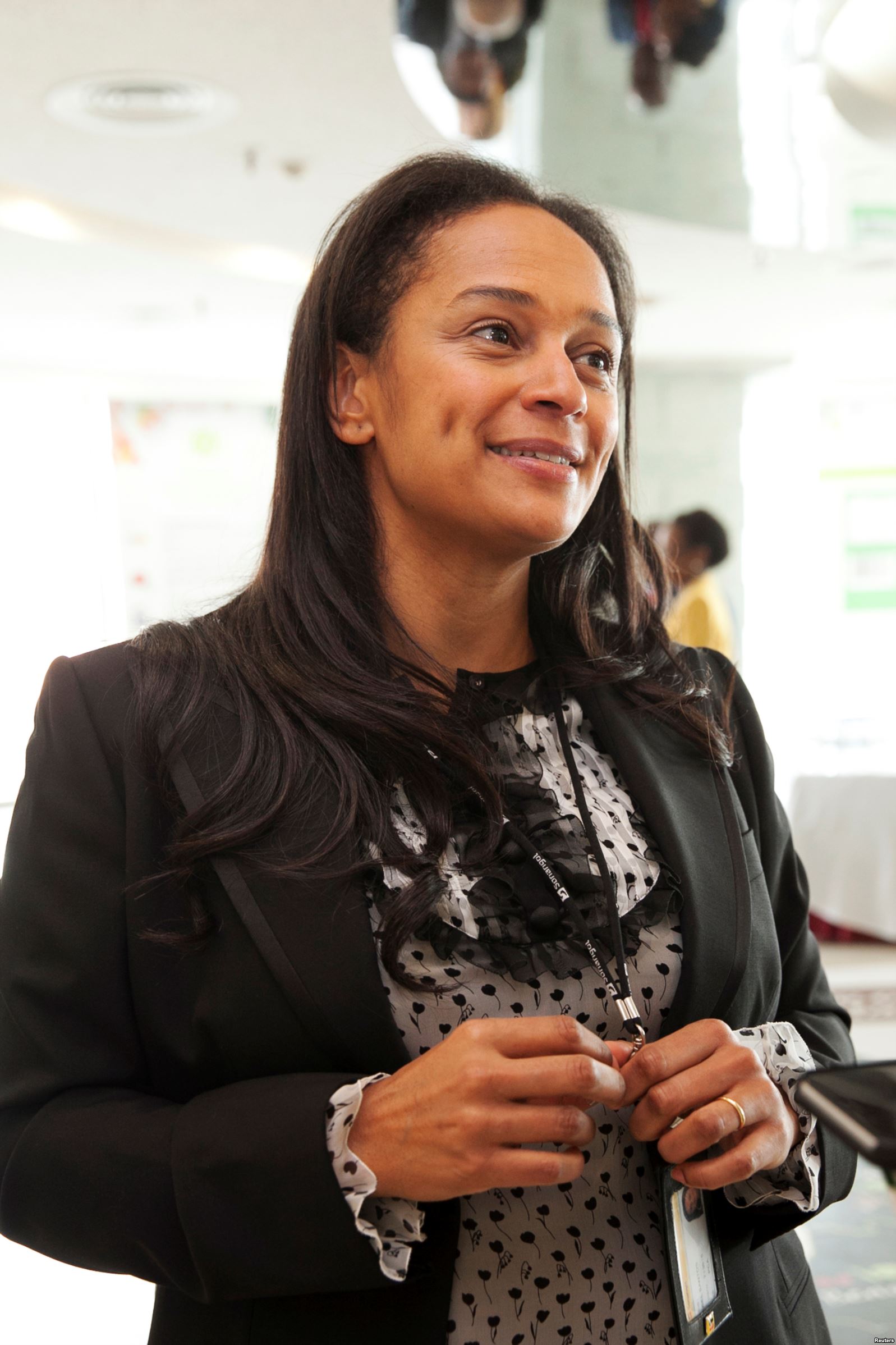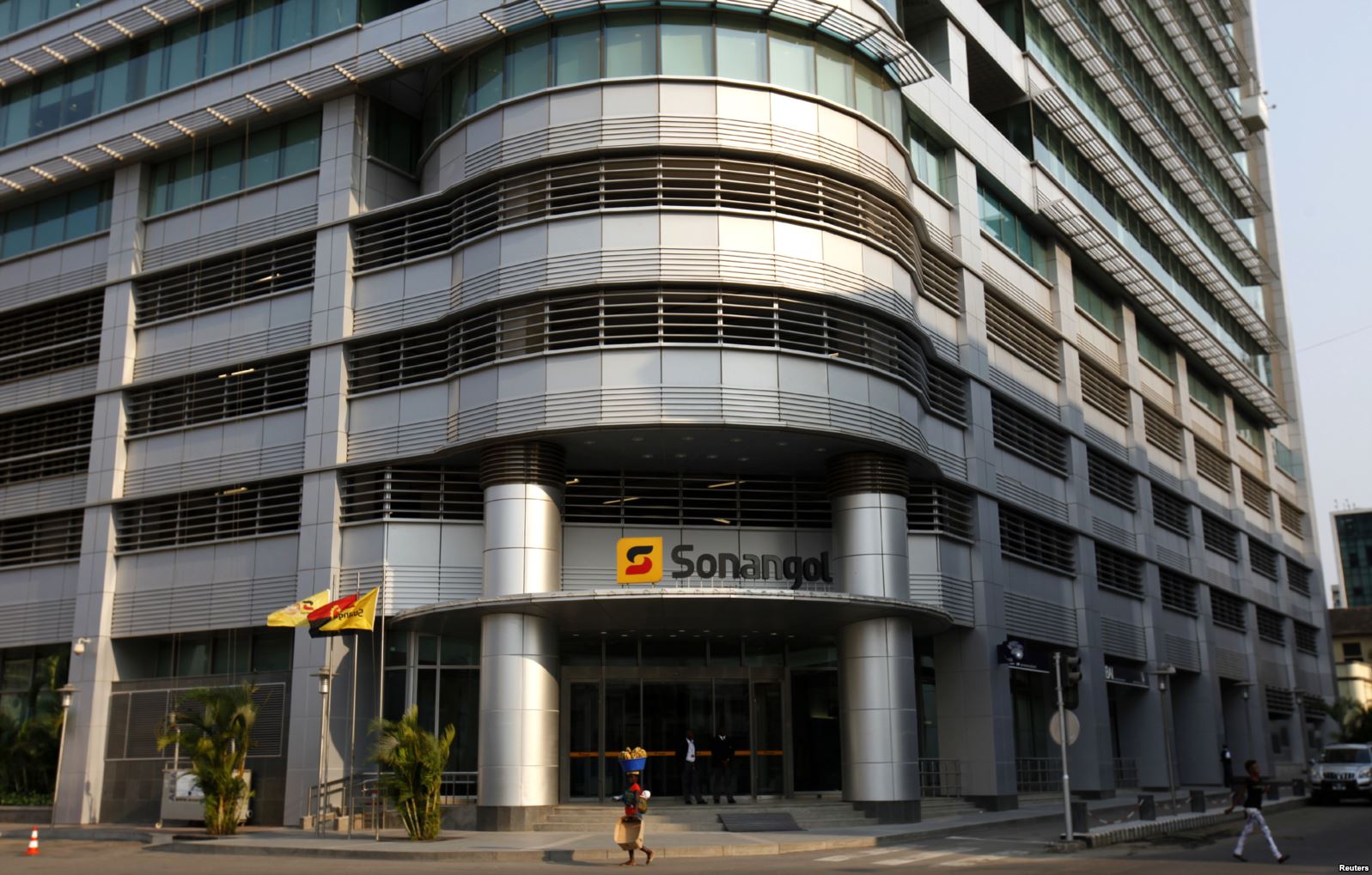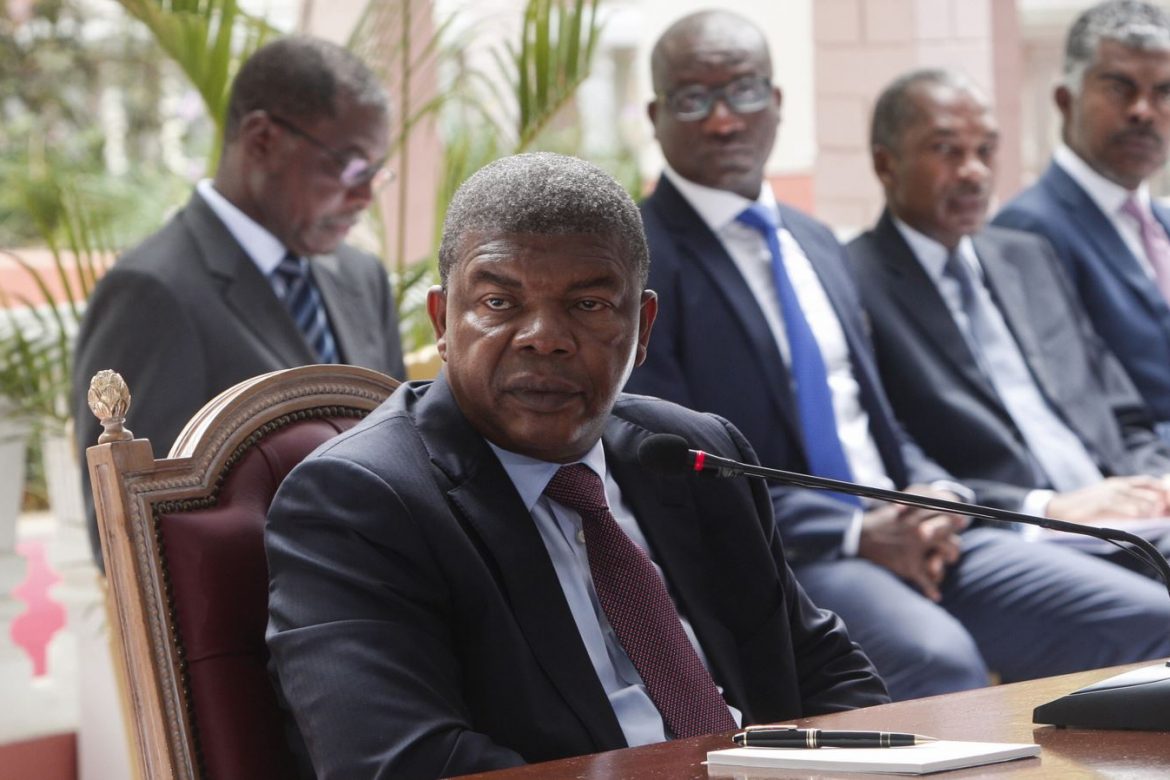This material belongs to: VOA.
JOHANNESBURG —
Since taking office four months ago, Angola’s new president has made some attention-grabbing moves that he says are part of his campaign promise to clean up the nation’s ailing, corruption-riddled economy.
In December, President Joao Lourenco removed Isabel dos Santos, eldest daughter of former President Jose Eduardo dos Santos, from her post at the head of the nation’s oil company.

Then, earlier this month, he sacked Jose Filomeno dos Santos, as head of the nation’s $5 billion sovereign wealth fund.
The moves are aimed to inject energy into a stagnant economy that has long been dependent on oil exports and foreign investment.
But by doing so, says Alex Vines of the Chatham House research group, Lourenco has earned a nickname: The Terminator, after the time-traveling cyborg assassin played by Arnold Schwarzenegger in the 1984 blockbuster film.
“The dos Santos family anticipated change,” Vines told VOA “… What none of the family, I think, recognized was that change would come so quickly. And I think that, again, has to do with the fact that Angola could not sustain the sort of previous business model that happened in the last years of the dos Santos presidency.
“And so, they’ve been removed out of their positions much more quickly than anybody would have imagined, hence the nickname for Joao Lourenco in Angola now.”
‘He had to do it’
Johannesburg-based Angola analyst Paula Roque says that she is reluctant to give the new president too much credit as a reformer.
“It’s significant, but he had to do it,” she told VOA. “You can’t run a country, you certainly can’t reform an economy, without taking the lead or the control, of the revenues. And the oil company was certainly one of them. The sovereign wealth fund was created for rainy days, and Angola’s certainly going through a crisis. So he really didn’t have much of an option but to do what he did.”

But, she notes, this is far from a clean sweep. Analysts and anti-corruption watchdogs have estimated that the former first family still controls billions of dollars worth of government resources.
“In reality,” she said, “Isabel [dos Santos] still dominates the diamond sector of Angola. So it goes much deeper than just having key positions that we know of. We’re talking about holding companies, shell companies, we’re talking about the use of state resources to invest in private enterprises.”
‘The tip of the iceberg’
And Rafael Marques de Morais, a prominent journalist and anti-corruption campaigner, says be believes Lourenco’s moves only serve to distract from his lack of economic plan.
“The president’s children were only the tip of the iceberg, and he only dealt with the tip of the iceberg,” he told VOA from Luanda, Angola’s capital. “And now people are realizing he has not terminated the iceberg, but just broke some ice. … I think at this point that people are realizing that this is just a show, because he doesn’t have a clear economic policy.”
Economists have, however, lauded the government’s recent moves, like last week’s announcement that Angola would repay its $5 billion debt by 2019.
But Lourenco has also drawn fire from anti-corruption activists for defending the nation’s former vice president, who stands accused of bribing a Portuguese magistrate when he served as head of Angola’s state-run oil company. Angola gained independence from Portugal in 1975.
Manuel Vicente’s corruption trial began this week in Lisbon, because Portugal has refused to transfer the case to Angola, saying they don’t believe Vicente will be properly investigated if he comes back home.


